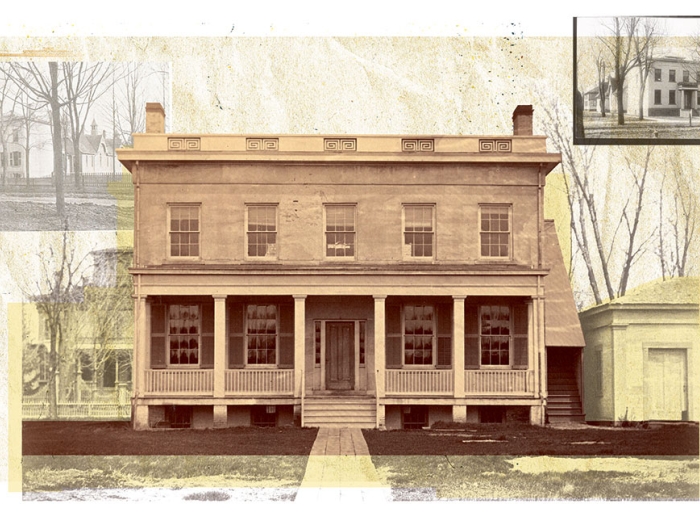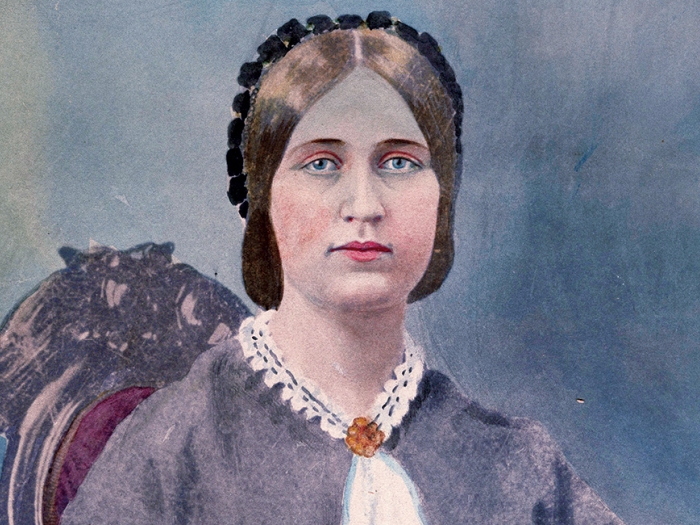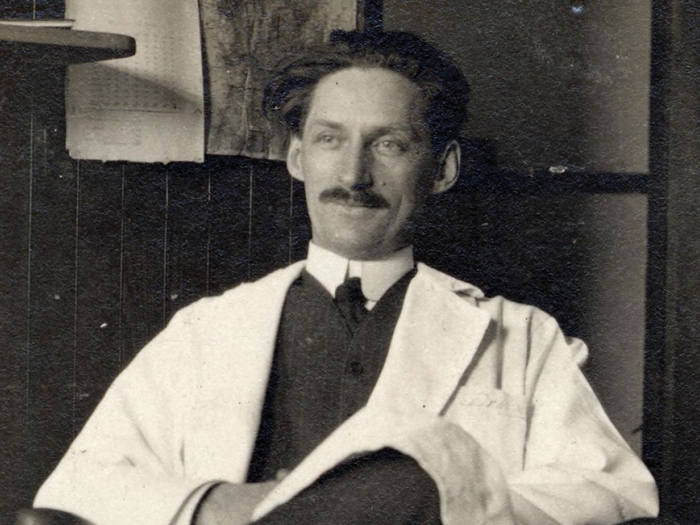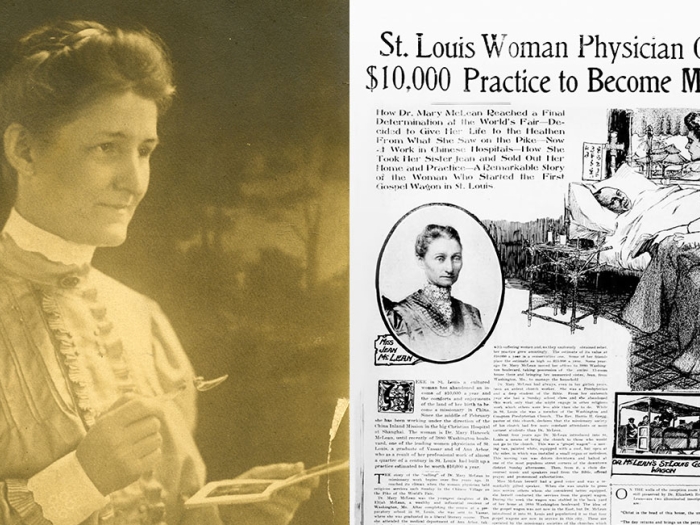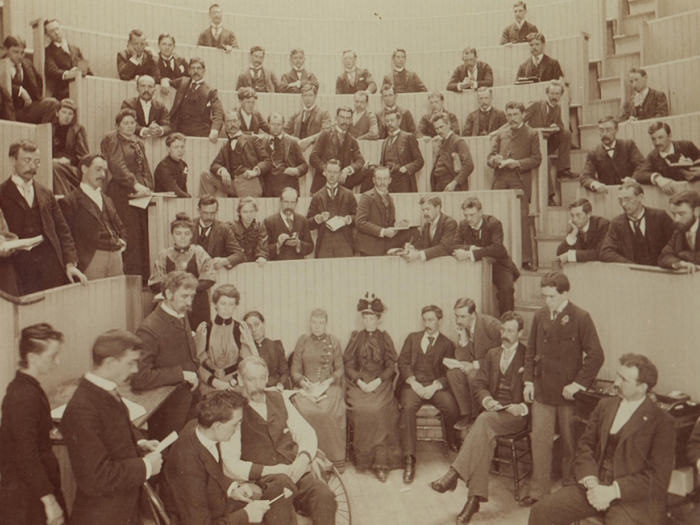
José Celso Barbosa traveled from Puerto Rico to New York City in 1875, intent on earning a graduate degree in engineering or law, depending on which source you read. He attended a prep school, where he learned English in a year, but his journey after that was slowed when he became ill with pneumonia. The illness led to a fateful meeting with a Dr. Wendell, who encouraged Barbosa to forego engineering or law and to pursue medicine instead.
Once recovered, Barbosa applied to Columbia University’s College of Physicians and Surgeons at Wendell’s urging. It did not go as Barbosa and Wendell had hoped. In the post-Civil War era, slavery had been abolished, but racism was still spoken aloud.
“Resolved, that from this date forward this College will decline to receive ‘colored’ applicants for matriculation,” state the minutes from a Columbia faculty meeting during which Barbosa's application was discussed.
Barbosa applied to and was admitted to the University of Michigan Medical School as one of its earliest students of color, and the first Puerto Rican. It is a “matter of course,” said an article in The Chronicle, a student publication at U-M at the time, that “all young gentlemen of sufficient ability are admitted on equal footing irrespective of complexion. It not being the amount of pigment matter deposited in the skin that is sought after; but the quantity and quality of the brains in the cranium.”
The university and the Medical School’s history of racial diversity and equity is a complex one, to be sure. Even so, U-M was among the earliest universities to admit students of color, beginning with Samuel Codes Watson in 1853. Watson, who would go on to graduate from medical school in Cleveland, passed as white while a student at U-M. William Henry Fitzbutler, who was born into slavery, became the first African American graduate of the Medical School in 1872.
Barbosa attended the medical school starting a few years after that. Little has been written about his time in Ann Arbor, yet he “almost certainly experienced segregation,” particularly in housing, according to a collection of “Latinx Histories @ U-M.” It is clear, though, that he thrived academically: Barbosa graduated in 1880 as the valedictorian of his class. Barbosa also was the first person of Puerto Rican descent to earn a medical degree in the continental United States.
Advocating for Statehood
Barbosa returned to Puerto Rico, which at the time was still a colony of Spain. Initially, Spanish colonial government would not recognize his American medical training, however, because his degree was not from a European university. The American consul spoke up on his behalf, and Barbosa was able to practice - spending much of his time treating poor and Black communities.
Barbosa would go on to make monumental contributions to the health and health care of his fellow Puerto Ricans, including the initiation of an early type of employer-supported health insurance. He is best remembered in Puerto Rico not for his contributions to health care, however, but for his significant role in seeking independence from Spain and in advocating for statehood.
In 1898, at the height of the Spanish-American War, Barbosa joined the Red Cross. He traveled to the trenches of San Juan Bay and other conflict areas to treat wounded soldiers, often risking his own life to do so.
Spain then ceded Puerto Rico to the United States, and Barbosa founded the Republican Party of Puerto Rico, which advocated statehood for the island. In 1900 Barbosa was among the first five Puerto Rican leaders appointed to the cabinet of the first civilian government organized by the United States, and was later elected to the Puerto Rican Senate, all the while advocating for statehood.
“We want and we ask for equality,” he said during the fight for statehood. “Not colonialism or protection. Since the American Flag first waved over Puerto Rico, those have been the ideals that we have defended.”
Barbosa died in San Juan in September 1921. Each year, José Celso Barbosa Day is celebrated in Puerto Rico on his birthday (July 27), when he is honored as the father of Puerto Rico's ongoing statehood movement.
One of his quotes is reprinted often, and it harkens back to the days when he was rejected from one school but accepted at another:
“Black! Black! Black! I am proud of being a Negro. Nor have I ever tried to beg tolerance from anyone. Superiority is not proved by color, but by the brain, by education, by willpower, by moral courage.”
Sources: Bentley Historical Library's necrology files and African American Student Project database; The Chronicle, Oct. 27, 1877; Black Medical Graduates of the University of Michigan (1872-1960 inclusive) and Selected Black Michigan Physicians; PR51st website; Columbia University Irving Medical Center history story; and “¡Presente!: Latinx Histories @U-M.”
